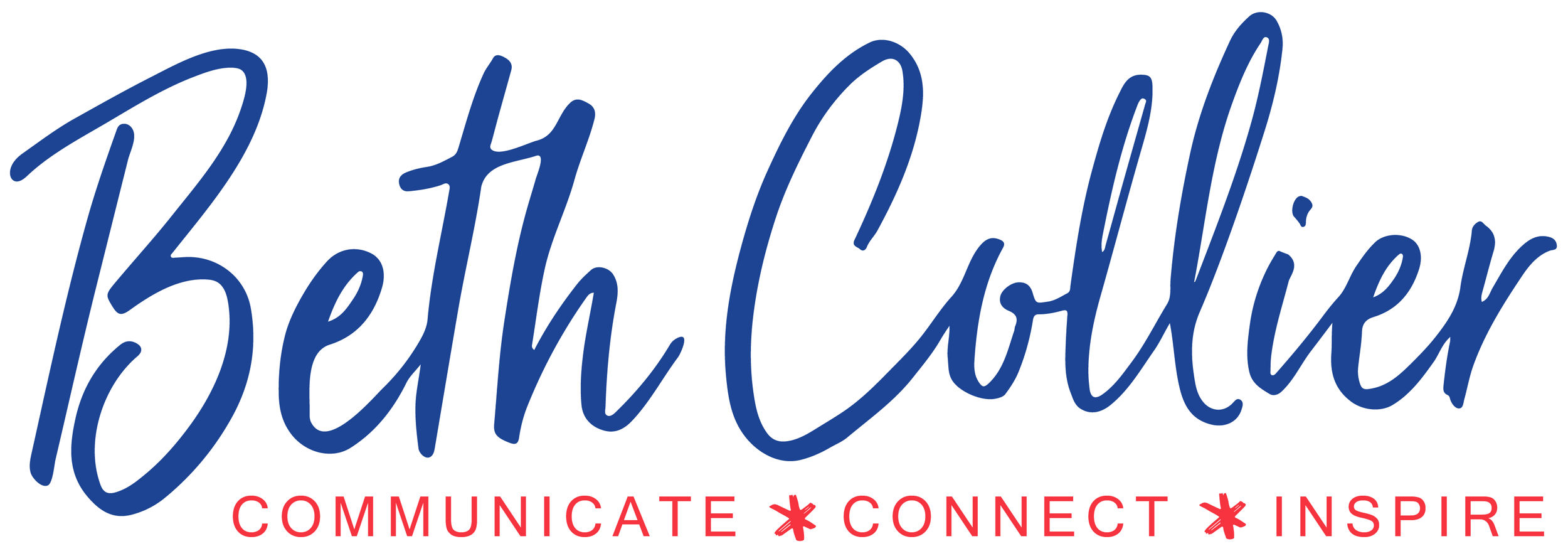What Terrible Tea Taught Me About the Value of Feedback
I make terrible tea.
Correction, I made terrible tea. For nine years. In London. And no one told me.
When I moved to the UK in 2009, I knew the tea culture was special. The Brits love their tea – and are quite passionate about it. Tea is what you drink regardless of the weather, the occasion, or the time of day. It is what you have when you are happy chatting with your friends (or feeling sad on your own). In fact, I remember when a friend phoned the maternity ward during her painful labour – and was told to ‘have a cuppa’ – as if that would settle things.
It all started with the Sons of Liberty
I like tea just fine, but I have always joked that we Americans stopped drinking ‘proper’ tea the day we threw it in Boston Harbor. I have seen horrified looks – from Brits (and Kiwis, Aussies, and other Europeans) – when I relayed how I made tea in the US.
“You just put a cup of water in the microwave,” I offer.
Their faces generally fall as soon as I utter the word ‘microwave’.
“Heat the water, put a teabag in, and you’re done.”
Heating water in the microwave is a horrifying thought to true tea connoisseurs. You see, in proper tea drinking societies, you never use a microwave. You use a tea kettle (or a ‘jug’ as they say in New Zealand). Most of these are electric, but perhaps if you’re really fancy, you use a tea kettle on the stove.
Those tea kettles on the stove whistle when the water boils. I don’t know that because I’ve seen it firsthand – but I do remember the final scene in Fatal Attraction– where the tea kettle whistled, and kept Michael Douglas* from hearing his wife’s screams upstairs (Never would have happened had he used a microwave – just saying).
The moment of truth
Honestly, I’ve always been a bit nervous making tea for guests, because there are so many aspects up for debate: teapots versus teabags, how much milk and sugar to add, and when to add them. But it turns out my poor tea making was not about the milk or the sugar – it was the actual brewing of the tea.
I only recently found out I wasn’t brewing it long enough when my friend Lizzie came to visit and asked for a cup of tea.
“What is that?” she asked looking at the cup of tea I’d made.
“What do you mean?” I asked innocently enough. She asked for "builder’s tea" – tea with milk. That’s what I made.
“That is NOT tea,” she told me emphatically. “Tea should not be this colour.”
“I boiled fresh water, added the tea bag and a bit of milk – what’s the problem?” I asked.
Although Lizzie is British, she spent 14 years living in Australia. Australians are not known to mince words – certainly not when compared to the British.
But in that moment, Lizzie gave me a valuable lesson. She came over to my kettle and we made a cup of tea together – with her showing me both how long to brew it and how much milk to add. Sure she was a bit brusque in her delivery, but I’d now learned something. Given the way tea is regarded in this country, it’s an important lesson to learn.
Seeking more feedback
A few weeks later we had other friends over for a visit, and I told them about my tea lesson. I’d made them tea many times over the years – and it turns out, not very well.
“Yeah, that’s why we usually asked for coffee, or the herbal teas,” they told me.
We all laughed about it – my feelings weren’t hurt; I was more embarrassed that I hadn’t known all these years.
Last weekend other friends were visiting, and I shared the tea story once again.
“Oh yeah, did you ever notice how I always offered to make the tea?” my friend asked me. “I always tried to distract you so I could do it.”
Her partner agreed that my tea was always too weak. Despite my attempts to be hospitable, and in line with British protocol, my tea and I had failed.
So what does tea have to do with business?
It took one short conversation for me to get the message here – brew your tea longer. I sought more views, and the message was confirmed. But for YEARS, no one told me. It shows how polite and kind they are – but the result was they were drinking weak tea (and missing out on the chance to have a better cuppa – as this was a problem that could easily be resolved). Sometimes it can be uncomfortable to give negative feedback, but we need it to learn and grow.
So if there is someone in your life making weak tea (or perhaps something more serious, if that’s possible), have the uncomfortable conversation and help him or her learn and grow. You may want to position your feedback a bit softer than my friend Lizzie did, but your approach should be appropriate for the person and the relationship you have.
And if you’re wondering if your tea-making skills are up to scratch, check out this short guide to learn more.
*Michael Douglas’s character was clearly fancy – aside from the expensive Manhattan apartment and country house, he owned a proper tea kettle.
Do you know employees in creative cultures are happier and more productive? My new Ignite Your Creativity workshop is designed to help teams strengthen their creativity – and build the creative culture. Drop me a line at beth@listenengage.com and let’s chat about how I can help you use your creativity to strengthen your team culture, solve problems, and innovate.

